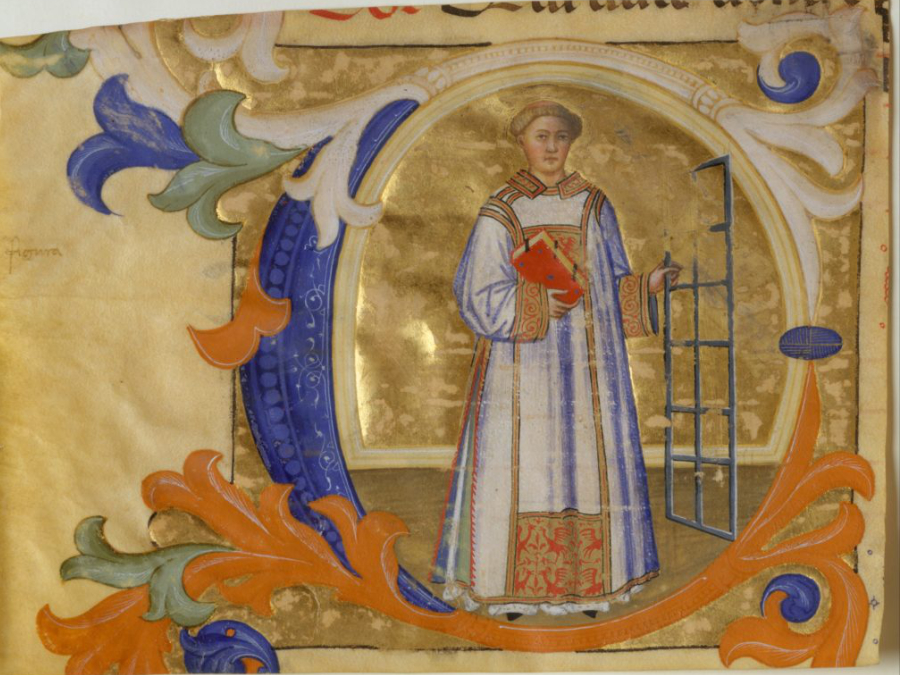
Growth growth growth: who benefits?
October 15, 2022
Elaine Graham: Is it time for a Royal Commission on Welfare?
November 3, 2022It isn’t clear what Conservatives think conservatism is any longer: what aspect of actually existing British society (rather than ersatz Victorian fantasy) they seek to conserve, or even what they think the roots of the country’s problems in fact are.
So writes James Butler in the London Review of Books. The chaos characterising the British Government could be about to subside with our new Prime Minister. Perhaps he will get things back to ‘normal’ – but what is that?
Truss was ousted because the markets didn’t like what she was doing. Markets? Not stalls selling unwanted CDs, but multinational companies dedicated to moving large amounts of money in the financial interests of its owners. These are the people who decide who can govern us.
Nesrine Malik argues for an alternative. When there are school children so desperately hungry that they eat the rubbers teachers give them, shouldn’t our policies take account of their needs? Malik is one of the few mainstream journalists who can see the point:
It is staying in that lane of acceptable politics that has resulted in our political and social crises. The delusion is that if we try just one more time with someone like Rishi Sunak, a man who flat out complained of funding being “ shoved into deprived areas “, the right or right of centre will crack it.
There is a major clash of values here, with nearly all the power held by people who show little interest in the poverty they are causing.
Even among a fuming opposition there is a sort of bloodless anger. “The damage to mortgages and bills has been done,” tweeted Keir Starmer as if the economic impact is being felt by pieces of paper rather than people.
Seeing credible alternatives is made harder by our taboos. One taboo is about ‘religion’. Our secular culture treats religions as worlds of their own. In this way it blocks its ears to any insights they may offer.
Yet Christianity has had a huge amount to say about politics and economics, and has been a major influence ever since the Roman emperor Constantine adopted it. British society today retains many of its values, often without knowing where they come from.
Things could be worse
It is worth reminding ourselves what the Roman empire was like before then. It was extremely hierarchical. Anthropologists calculate that 90% of the population were around starvation levels. This gave immense power to the rich. The steep economic hierarchy was saturated with sycophancy: everybody wanted to flatter those from whom they stood any chance of a gift.
Their closest equivalent to charitable giving was the tradition in which the very rich occasionally spent large sums of money on entertainment or buildings for the citizens of their city. The motive for giving was status within the ranks of the rich. Peter Brown’s Through the Eye of a Needle, a history of the late antique age, describes the desire of the wealthy to belong to the nobility, and the desire of the nobility to belong to the best kind of nobility:
For Romans of the fourth century (as of all previous ages), nobilitas was a highly charged word. It meant, originally, to be well-known, to stand out from the crowd. To be a nobilis in this way involved the convergence of a triple claim to excellence: birth, culture, and high office had to come together to make a true nobleman.
Characteristically the citizens benefiting from this would have been only a minority of the city’s population. The many non-citizens received no benefit at all. Neither did the rural population, the overwhelming majority of the empire’s people.
Meanwhile it was taken for granted that there would always be poor people. It was quite normal for people to die of starvation. There was no expectation that that would ever change.
Things could be better
It did change, because of the Christians. With their background in the Bible and the movement started by Jesus, they taught that the world’s wealth had been given by God to meet the needs of everybody. It followed that, whenever someone didn’t have enough, that was injustice. The injustice should be put right by whoever had more than their share.
Brown summarises a story about Saint Lawrence, a third-century martyr. He was a deacon of the church at Rome, responsible for the church’s finances. According to the story the Prefect of Rome commanded him to hand over the wealth of the Christian church. So he did, like this:
He runs about the city gathering into one flock the companies of the infirm and all the beggars who cry out for alms… There a man showing two eyeless sockets directs his straying, faltering footsteps with a stick; a cripple with a broken knee; a one legged man… Here is one whose limbs are covered with running sores… Such people he seeks out through all the public squares, used as they were to being fed by Mother Church… There stood the company of poor men in their swarms, a ragged sight. They greet the Prefect with a roar for alms…
The wealth of the Christian church, in other words, was the poor. We don’t know how accurate the story is, but it does illustrate how people thought of the church in that age.
It was that Christian commitment to the poor that changed things. I don’t think it helps us today if we explain the rise of Christianity as some kind of miraculous divine intervention. More realistically, fourth century Christians were continuing the movement that began with Jesus. Jesus had appealed to the Kingdom of God as expressed in the Jewish scriptures. The Jewish scriptures, in turn, had mandated laws to protect the peasants of an earlier age. None of this needs a special leap of faith.
In the fourth century, just as in every age, the starving longed for food and thought their lack of food was unjust. The Christians not only agreed that it was indeed unjust, but could also explain why.
For well over a thousand years Christian teaching made a real difference to European government policies. Gradually that difference got watered down, until at the end of the seventeenth century intellectuals introduced the principle of separating religion from politics.
Capitalism replaces Christianity
This separation caused a vacuum in economic morality. Into the vacuum stepped capitalism, the opposite answer. Rich people should use their wealth to create more wealth for themselves. Capitalist theory was, from the start, promoted by the commercial classes to justify what they wanted to do anyway: make more money. Some of its early proponents, Bernard Mandeville and Thomas Malthus, were widely condemned because their theories were seen as ‘contrary to religion’.
Since then many politicians, and some governments, have sought to improve the lot of the poor. But for most of the last 300 years Britain, along with other Western countries, has been governed on the basis that managing the national economy is the top priority. This means maximising the total wealth of the country, regardless of how it is distributed.
Similarities and differences
We are becoming more like pagan Rome. More and more people are homeless and starving. Helping them out of their poverty is dropping further and further down the priority list, as we are repeatedly told that the solution lies in national economic growth.
At the same time the ultra-rich are increasing in numbers and wealth. Just like the nobility of ancient Rome, they concern themselves with competing against each other for money, influence and public recognition. The needs of the poor are just not something that interests them. Rishi Sunak’s £700 million could be donated to food banks. He doesn’t need it. It could feed the hungry. But no: it gives him his place in the plutocracy.
There are also differences. The ancient Romans had no economic theory. Emperors just used their military power to take as much as they could from the powerless. Today, making the rich richer is wrapped up in economic theory.
They had no voting system. We do have. It’s flawed – one of the worst in Europe – but better than being governed by whoever controls the armed forces.
And our culture still has a sense that compassion for those in need is a good thing. Our approval of compassion isn’t just common sense. We have it because centuries ago Christians argued for it and enacted it while common sense told them they were crazy. Today we may take it for granted, but we have it because of that history.
What will happen?
I think it’s important to recognise that the range of things that may happen next is very wide. Usually we only imagine small changes, but we could be facing much bigger ones..
There is no law stating that things aren’t going to get worse and worse – more and more billionaires, more and more rubbers eaten by school children, until once again 90% of the population are starving. The tradition of compassion for the poor, already declining in political and economic discourse, could disappear altogether.
At the same time there is also no law saying we can’t turn it around, make sure everybody has what they need, and make sure nobody is so powerful as to oppress others. It was last done in the 1940s at the end of the Second World War. It could be done again now.
And of course there is no law saying we can’t carry on as now, lurching from one crisis to another as more and more people starve, public services like the National Health Service decline and our environment continues to be destroyed – with politicians unable to improve things because nobody knows what life is for.
It is possible that the decline we have witnessed, from Cameron to May to Johnson to Truss, can be halted by the present Prime Minister. But I doubt it. That would be to look at the symptoms, not the cause. When governments focus on bigging up the nation state and its economy, it’s nearly always at the expense of the poor. Trying harder to do the wrong thing won’t achieve the right thing.




